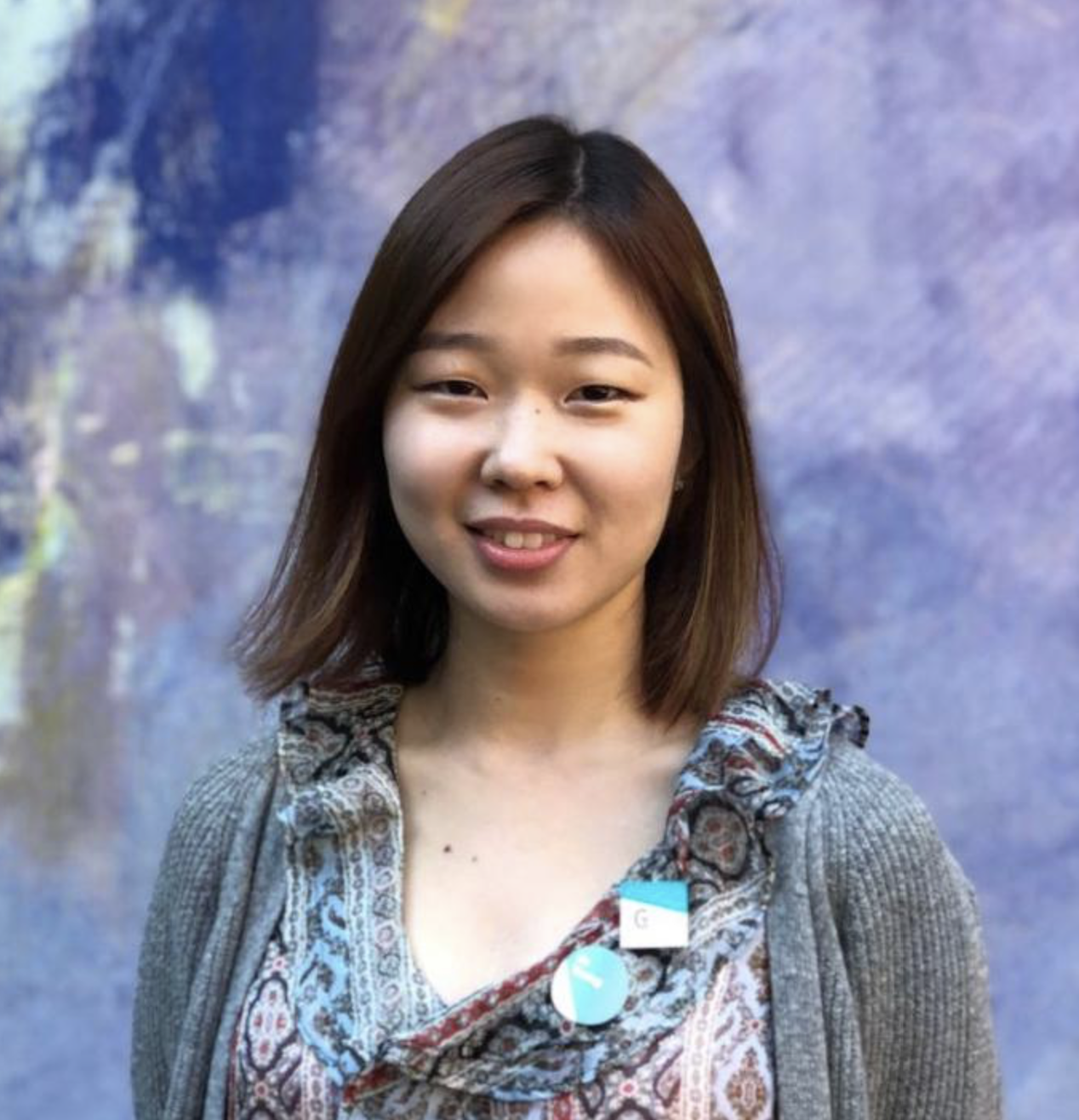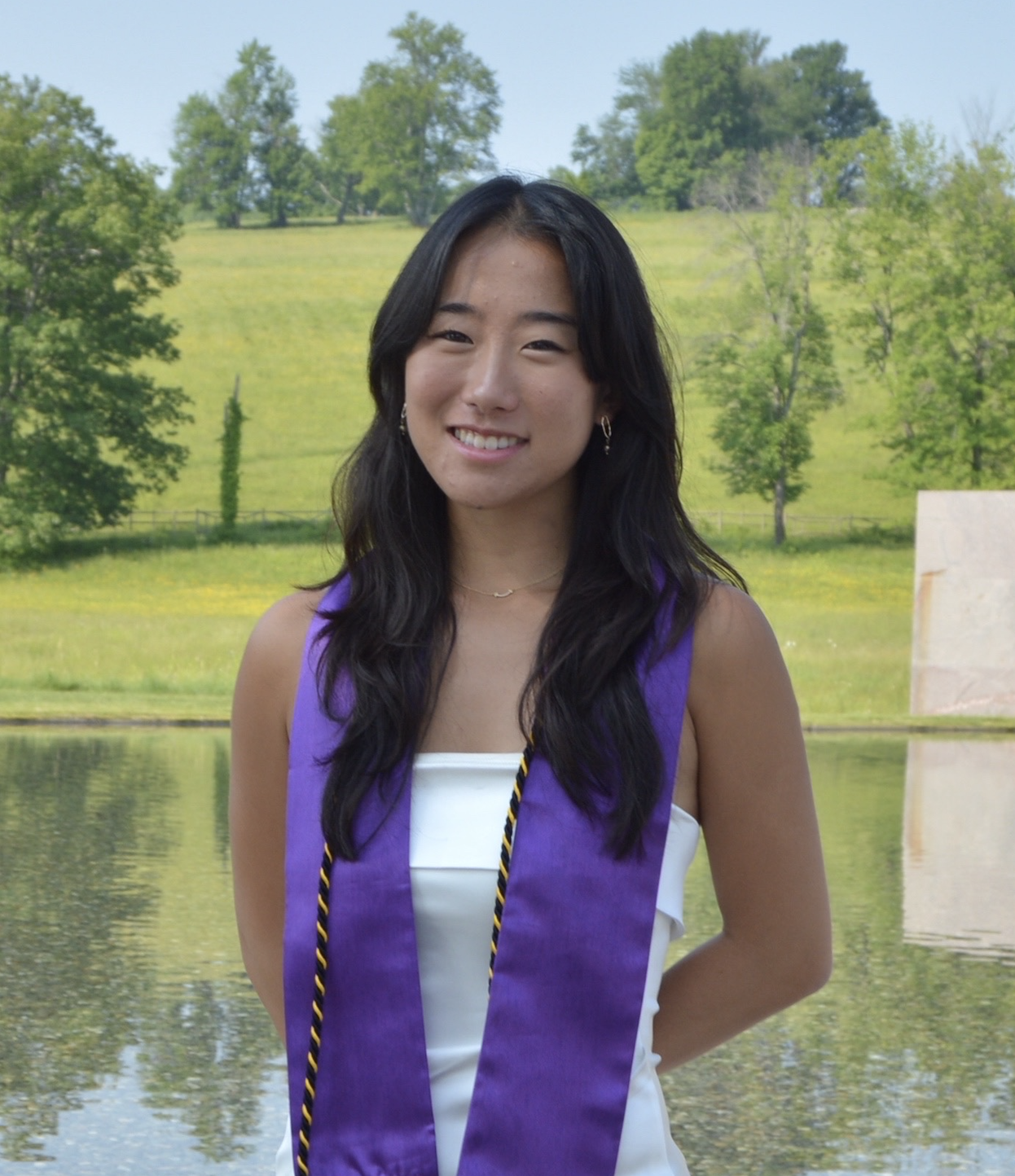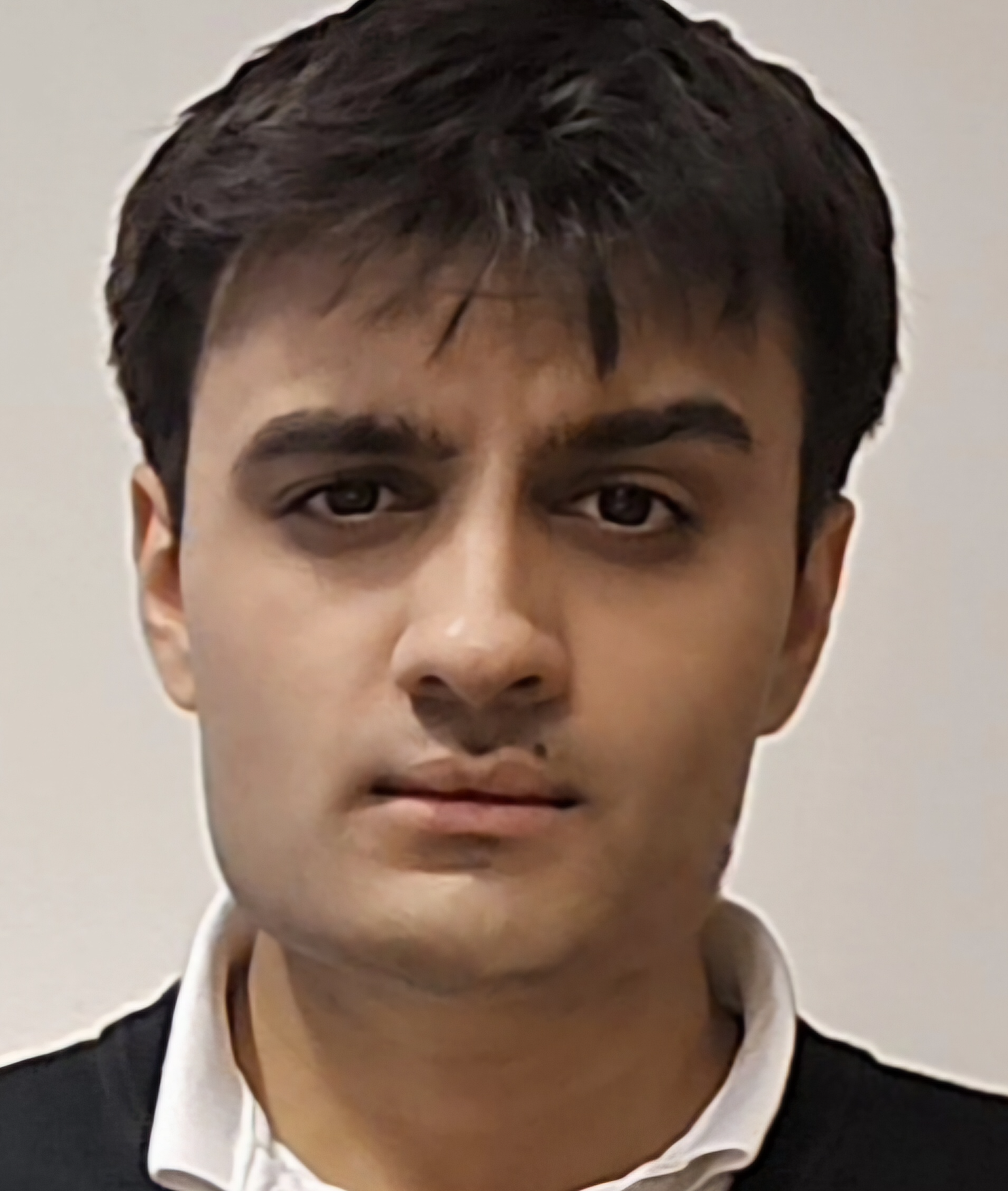Post-Doctoral Fellows
Alexandra Bisia
Alex joined the Camargo lab as a research fellow in 2024. She previously studied Biological Sciences (Development, Regeneration, and Stem Cells) at the University of Edinburgh, and carried out her DPhil (PhD) research under Prof Liz Robertson at the University of Oxford, where she studied the T-box transcription factor Eomesodermin (Eomes) in the trophoblast (placenta-generating) and definitive endoderm (gut-generating) lineages of the early mouse embryo. She is interested in using lineage tracing tools to study healthy and diseased organogenesis, and migratory cell types during embryogenesis.
Yuemeng “Joyce” Jia
Yuemeng “Joyce” joined the Camargo lab as a research fellow in 2022. She completed her PhD training at UT Southwestern Medical Center under the mentorship of Dr. Hao Zhu, where she identified and characterized two druggable chromatin regulators in tissue regeneration. During her pre-doctoral training, she also defined and functionally analyzed the mutational landscape in human liver cirrhosis. Joyce is interested in cell heterogeneity in development and disease, and how cellular microenvironments after cell fates and disease progression.
Walatta-Tseyon Mesquitta
Walatta joined the Camargo lab as a Postdoctoral Fellow in 2019. She obtained her B.S. in Molecular Biochemistry and Biophysics, from Illinois Institute of Technology, and her PhD in Molecular and Cellular Pharmacology, from the University of Wisconsin-Madison, under the mentorship of Dr. Igor Slukvin. Her thesis research showed that the pyrimidoindole derivative, and HSC expansion agonist, UM171 differentially enriches for specific hematopoietic progenitor populations, in HSC expansion and lymphoid culture conditions. Walatta is interested in selection of fate outcomes during hematopoietic development, and in further understanding the contribution of distinct hematopoietic programs to adult hematopoiesis. Her work in the Camargo lab will involve utilizing lineage tracing and single cell analysis methods to further interrogate lineage ontogenies in native and hPSC based hematopoiesis.
Michael Edward Quach
Ed joined the Camargo lab as a postdoctoral fellow in 2020. He completed his PhD at Emory University in 2019 in the lab of Dr. Renhao Li where he studied platelet mechanosensation and the GPIb-IX complex. Through this work he addressed the previously unresolved mechanism for common resistance to first-line treatments for immune thrombocytopenia (ITP), and proposed a novel mechanism for activation of GPIb-IX. In his current work, he is interested in age-dependent deterioration in hematopoiesis and resulting hematologic defects. His projects in the lab aim to bridge the gap between changes in the hematopoietic stem cell (HSC) compartment and their functional effects in peripheral blood, and to develop new methodologies for efficient gene-editing in murine HSCs.
YeEun Kim
YeEun joined the Camargo lab as a research fellow in 2023. She received PhD in Immunology at Stanford University. During her PhD, she investigated the lymphoid progenitors in human bone marrow under the mentorship of Dr. Sean Bendall and Dr. Will Greenleaf. Continuing her interest in lymphopoiesis, YeEun aims to utilize lineage tracing tools to investigate the clonality and aging of the lymphoid compartment in native hematopoiesis.
Other Lab Members
Yuu Ishikawa
Yuu joined the Camargo Lab in 2025 as a research technician. She earned her BA in Biology from Williams College, where she developed a strong interest and background in molecular biology and immunology. In the lab, she is studying stem cell and immune-stem cell dynamics, and their potential for therapy. She hopes to pursue graduate training in the future.
Xugeng “Peter” Liu
Xugeng joined the Carmargo lab in 2022 as a PhD student. He got his master’s degree from the University of Southern California under the mentorship of Dr. Qilong Ying where he researched on the self-renew and differentiation of Embryonic Stem Cells. In the Carmargo lab, he is interested in studying the dynamics of hematopoiesis and developing novel stem cell based therapies.
Trevor Bingham
Trevor joined the Camargo lab in 2023 as a PhD student in the Harvard BBS program. In his prior training at the BCH Stem Cell Core of Dr. Thorsten Schlaeger, he leveraged various guided hematopoietic differentiation protocols and worked to further characterize the process of hiPSC reprograming with high throughput imaging. Applying these methods in conjunction with in-vivo modeling, Trevor would like to better characterize embryonic hematopoiesis.
Valay Patel
Valay joined the Camargo Lab in 2025 as a PhD student in Harvard’s Biological Sciences in Public Health program. He has a strong background in infectious diseases, from viruses to malaria, and plans to leverage these skills to study hematopoietic stem cells. His research interests include HSC aging and the characterization of embryonic multipotent progenitors.








